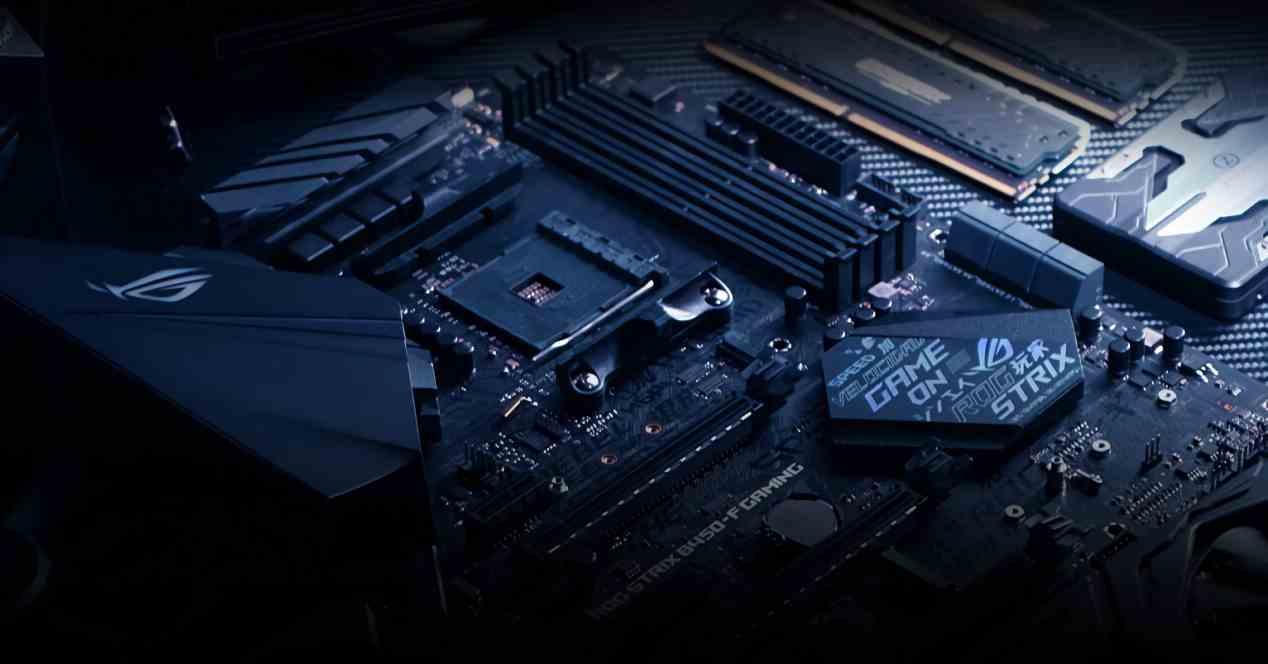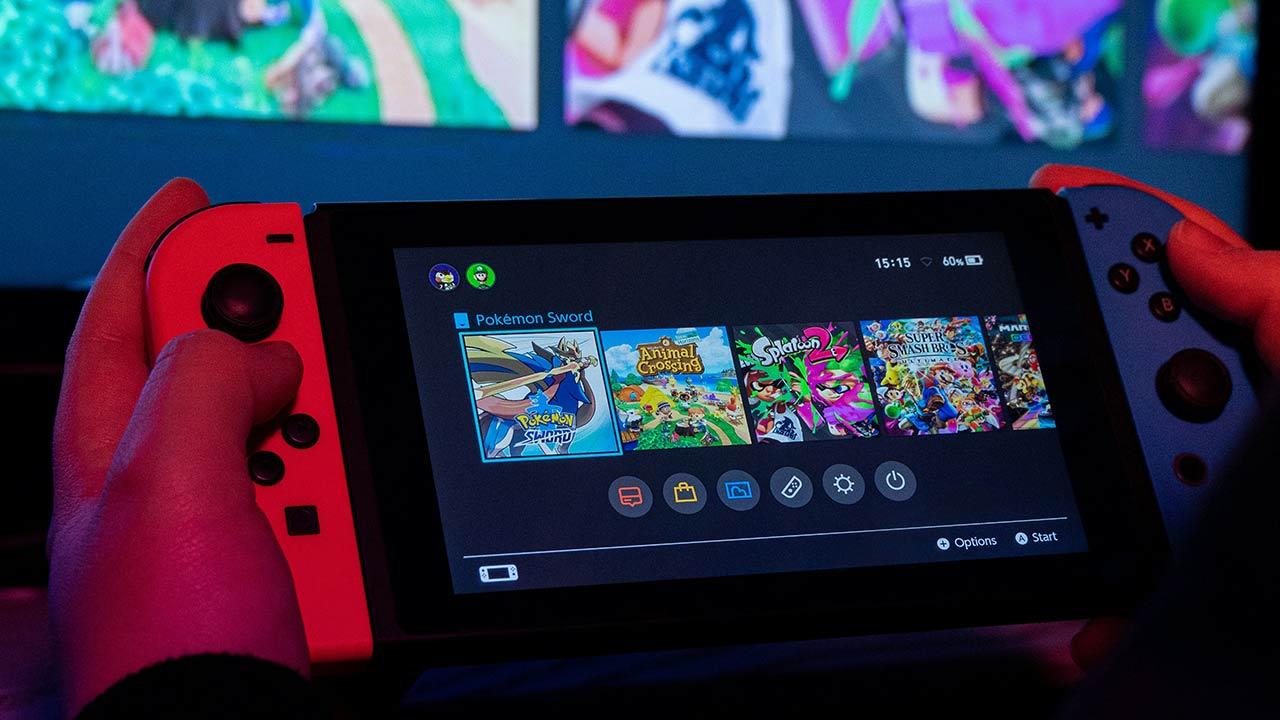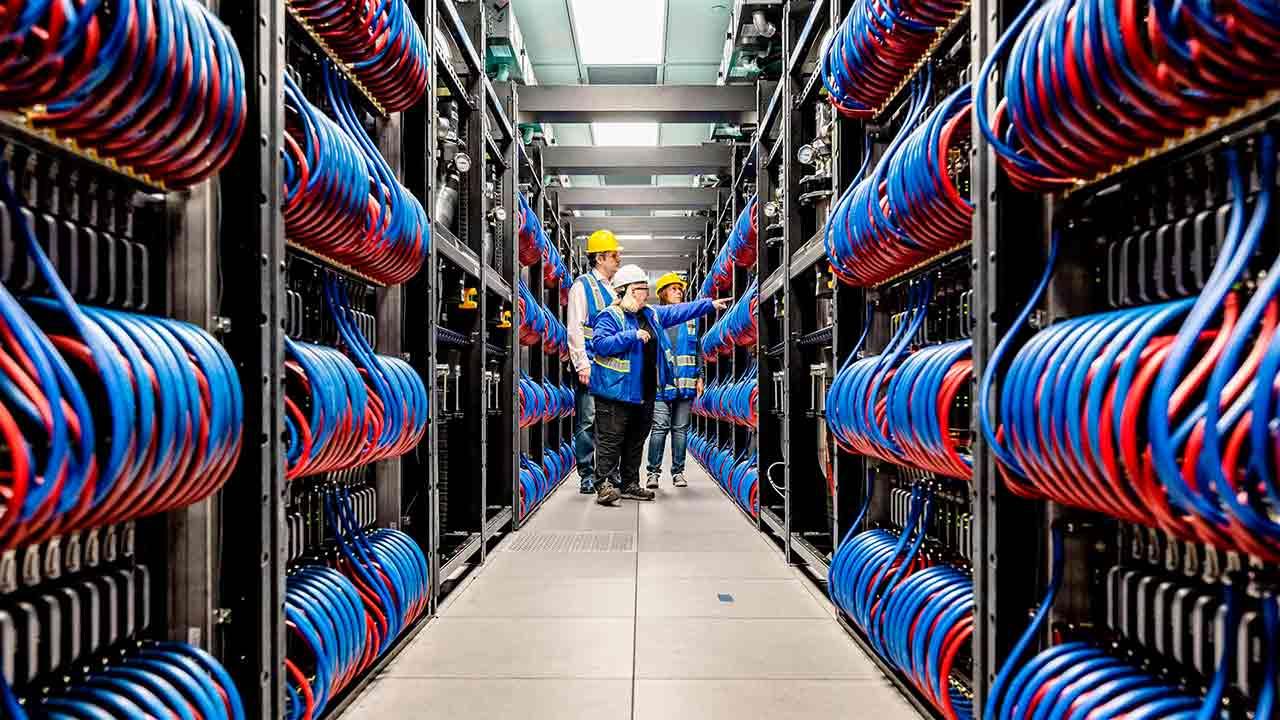When you’re done reading this article, you’ll have it very clear why we consider the B550 to be the best chipset AMD currently has on the market when it comes to putting together a gaming system without blowing your budget. and which is based on Ryzen processors from the same company. Which are obviously the only ones you can marry with said motherboards.
That’s why we prepared a comparison between three different generations of chipsets: B350, B450 and B550. All three designed for the same market segment and all three compatible in principle with all socket AM4 processors. For you to see not only how they evolved, but also
The double-edged sword of AMD chipsets
One of the advantages of AMD having kept the same socket to connect the processor since the first generation of its Ryzen processors is the ease with which it is possible to upgrade our PC with a more powerful CPU. The problem is that this has a trade-off and that is the number of different chipsets that exist, all with different specs. For those less experienced in the field, we will give you a brief overview. A series of elements of the motherboard that serve to make the processor communicate with the RAM memory, on the one hand, and through the peripherals, on the other hand, is called chipset or set of chips. Which we traditionally call Northbridge and Southbridge.
Well we call the first memory controller and it has been integrated with the central processor for quite some time, however we cannot place the memory chips inside and the communication interface which is on the motherboard still exists. Regarding the second element, it must be taken into account that the peripherals also have a series of interfaces to communicate with the processor. Which should be on the periphery of the chip, which would increase its size and make it more expensive and therefore move to a separate chip.
Thus, the chipset will mark things like the speed of the RAM that we can install in our PC, the number of PCI Express ports and the generation of each, the number of USB keys that we can have and of what type. This is why choosing is important and it becomes difficult when you have multiple generations of chipsets to put your AMD Ryzen CPU into.
B350 versus B450 versus B550, which chipset to choose?
We are going to play the classic game of chairs and decide up front which of the three chipsets in the comparison will come out straight, and we are going to base ourselves on two technical arguments, which once you understand them and reach the end of the article You will see that they are solid.
AMD Ryzen’s BMI is peculiar
When choosing a motherboard for our AMD Ryzen processor, we must take into account a peculi arity that they all have and that is the high dependence on memory speed. For you to understand, we will give you a comparison:
- Suppose that the information passing from the memory to the processor are buses that go from one city to another,
- Contrary to what happens with real vehicles, where within a population you have to go slower, here it’s the opposite, when the data enters the processor it can go faster.
- That is, the normal thing is that when information/buses enter the chip through the interface between CPU and RAM, they experience acceleration.
Well, with AMD’s Ryzen it’s not like that and let’s just say the speed at which your memory controller operates will depend on the speed of the RAM that we use on our computer. And that’s only the first part, because then you have to take into account that the motherboard supports the highest speed that the processor can support if you don’t want to lose performance in the process.
How fast does the RAM run in each of the chipsets?
In this case, if we look at the specifications of the different chipsets, we will see that:
- B350 supports DDR4 memories up to 2666 MHz natively and without overclocking.
- B450 is slightly faster when picking up DDR4-2933 without OC.
- Of the three, the B550 is the one that wins overwhelmingly by supporting DDR4 memories up to 3200 MHz.
The latest generations of AMD Ryzen (3000, 4000 and 5000) have an IMC designed to interact with DDR4-3200 memory, so it is obvious what is the ideal choice in this case, which is none other than the B550 .
CPU compatibility
The other pertinent question is compatibility between different AMD processors, well here we won’t waste much time and that’s unless you’re thinking of going back to AMD’s dark days before Ryzen , there is currently no reason to choose the B350 chipset to build our PC. Not as well supports Ryzen 5000 unless you are performing a BIOS update. Which can be cumbersome for many users, if we add to this that it is the motherboard that supports the least memory speed, it is clear which one must go the way of the dodo.
It must be taken into account that the B450 chipset also suffers from the same problem as the B350 and it requires a BIOS update to be compatible with the Ryzen 5000. So how come we didn’t rule it out? Well, due to the fact that there is another function that both B450 and B550 support and that is the ability to increase the speed of processors, the so-called overclock. However, the B550 isn’t the best CPU if you have a Ryzen 1000, 2000, or 3000 series for laptops (not to be confused with desktops) because it’s not compatible with them. Either way, they can’t enjoy the improvements it brings either.
Quick comparison between B450 and B550 chipsets
Well, once we have ruled out the B350 against the B450 and the B550, we need to compare the latter and see which of the two is better. Obviously, it is very clear that the B450 is the older of the two chipsets, and if we remove the peripheral interfaces integrated into the processor, it provides the following additional interfaces:
- 2 USB 3.1 Gen 2 ports
- 6 USB 3.1 Gen 1 ports
- 6 SATA ports
As for things like the PCI Express buses for the M.2 form factor NVMe SSD we want to install and the graphics card, it depends on the processor. However, some cards use 4 of the 6 available PCIe Gen 3 interfaces to provide space for a second drive. Although at a lower speed. Instead, if we look at the interfaces provided by the B550 chipset, we find a significant improvement:
- The B550 chipset can support WiFi 6 and has a network controller that reaches 2.5 Gbps when we use an ethernet cable. The B450, on the other hand, remains in 1 Gbps. Thus, you have better internet connectivity.
- The PCI Express interface for graphics card in the B450 is 3.0while in B550 is 4.0so that the graphics card works better.
For whom this writing, at the moment The best motherboards if you plan to put a Ryzen chip as your system’s processor are the B550s. Even more so than the X570, as we don’t think most people will end up using the extra connectivity that comes with the more advanced chipset. Moreover, it also supports overclocking.
Table of Contents











